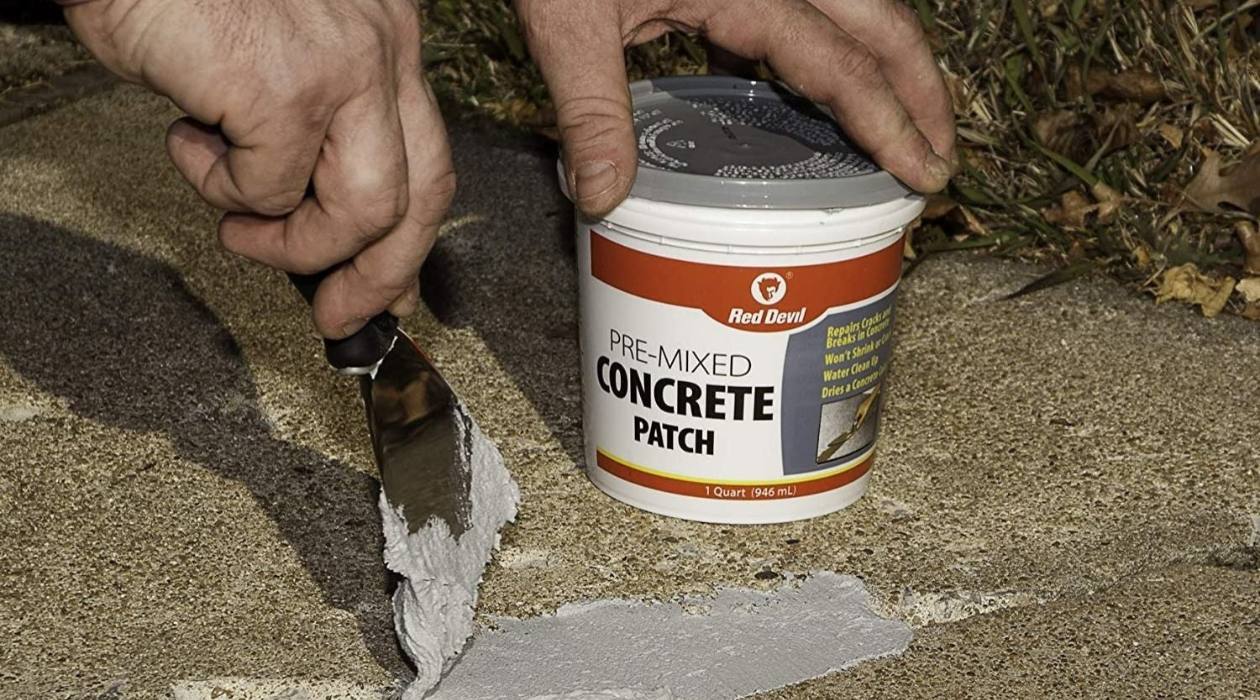

Articles
What Is The Best Concrete Driveway Sealer
Modified: February 23, 2024
Looking for the best concrete driveway sealer? Read our articles and discover tips, recommendations, and expert advice to protect and enhance your driveway's longevity.
(Many of the links in this article redirect to a specific reviewed product. Your purchase of these products through affiliate links helps to generate commission for Storables.com, at no extra cost. Learn more)
Introduction
When it comes to ensuring the longevity and durability of your concrete driveway, proper maintenance is essential. One of the most effective ways to protect your driveway from the damaging effects of weather, chemicals, and daily wear and tear is by applying a concrete driveway sealer. Not only does it enhance the appearance of your driveway, but it also acts as a barrier, preventing moisture infiltration, cracks, and stains.
Choosing the best concrete driveway sealer can be a daunting task with the plethora of options available in the market. It’s important to understand the different types of sealers, their benefits, and the application process to make an informed decision that suits your specific needs.
In this article, we will explore the importance of sealing concrete driveways, factors to consider when choosing a sealer, the various types of sealers, the benefits of using them, and some top recommended products in the market. Additionally, we will provide valuable tips on how to properly apply a concrete driveway sealer and common mistakes to avoid during the process.
Before we dive into the details, let’s first understand why sealing your concrete driveway is so important.
Key Takeaways:
- Properly sealing your concrete driveway is essential for protection against moisture, stains, and damage, enhancing its durability and appearance while adding value to your property.
- Choosing the right type of concrete driveway sealer, following proper application methods, and avoiding common mistakes are crucial for maximizing the benefits and longevity of your driveway.
Read more: How To Remove Driveway Sealer From Concrete
Importance of Sealing Concrete Driveways
Sealing your concrete driveway is crucial for several reasons. It acts as a protective layer, shielding the surface from various damaging elements and extending its lifespan. Here are some of the key reasons why sealing your concrete driveway is important:
- Protection against moisture: Concrete is porous, meaning it can absorb water and other liquids. Over time, this can lead to cracks, spalling, and other forms of damage. By applying a concrete driveway sealer, you create a waterproof barrier that prevents water from infiltrating the surface. This protection is especially important in regions with harsh winter climates where freeze-thaw cycles can cause significant damage.
- Prevention of stains and discoloration: Unsealed concrete driveways are prone to staining from oil spills, tire marks, and other contaminants. These stains can be difficult to remove and can leave unsightly marks on your driveway. A sealer creates a protective layer that repels stains, making it easier to clean and maintain the appearance of your driveway.
- Resistance to chemicals and salts: Concrete driveways are often exposed to chemicals such as deicing salts, gasoline, and other substances that can degrade the surface. A high-quality sealer provides chemical resistance, protecting the concrete from corrosion and damage caused by these substances.
- UV protection: The constant exposure to sunlight can cause the color of the concrete to fade over time. A sealer with UV protection can help slow down this process, keeping your driveway looking fresh and vibrant for longer.
- Enhanced durability: Sealing your concrete driveway can significantly improve its overall strength and durability. It helps to prevent cracks, spalling, and other forms of damage caused by heavy vehicles, foot traffic, and everyday use.
By sealing your concrete driveway, you are investing in its long-term health and appearance. It not only saves you money on potential repairs but also adds value to your property. Now that we understand the importance of sealing, let’s delve into the factors to consider when choosing a concrete driveway sealer.
Factors to Consider When Choosing a Concrete Driveway Sealer
Choosing the right concrete driveway sealer can make all the difference in terms of the effectiveness and longevity of the protection it provides. Here are some key factors to consider when selecting a sealer for your concrete driveway:
- Type of sealer: There are different types of concrete driveway sealers available, including acrylic-based, epoxy-based, penetrating, and film-forming sealers. Each type has its own set of advantages and suitability for various conditions. Consider the specific needs of your driveway, such as the level of gloss desired, the amount of traffic it receives, and the climate in your region, to determine which type of sealer is best for you.
- Sealer performance: Look for a sealer that offers excellent performance characteristics, such as high resistance to UV rays, chemicals, and abrasion. It should also provide long-lasting protection and be capable of withstanding extreme temperatures and weather conditions.
- Application method: Consider the ease of application when choosing a sealer. Some sealers require professional application, while others can be easily applied by homeowners. Determine whether you are comfortable with applying the sealer yourself or if you prefer hiring a professional to do the job.
- Drying time: The drying time of the sealer is an essential factor to consider, especially if you have limited time or need to use your driveway soon after sealing. Some sealers dry quickly, allowing for faster access to your driveway, while others may require longer curing times.
- Color and finish: Concrete driveway sealers come in various colors and finishes. Consider the aesthetic appeal and desired look for your driveway when choosing the color and finish of the sealer. Keep in mind that certain finishes, such as high gloss, may require more maintenance to preserve their appearance.
- Budget: Take into account your budget when selecting a concrete driveway sealer. Different sealers vary in price, depending on their quality and performance. Determine the amount you are willing to spend and look for a sealer that offers the best combination of performance and affordability.
- Reviews and recommendations: It’s always a good idea to check customer reviews and recommendations before purchasing a concrete driveway sealer. Reading reviews can provide insights into the performance, durability, and ease of application of different sealers, helping you make an informed decision.
Keeping these factors in mind will enable you to choose a concrete driveway sealer that best meets your needs and ensures the long-term protection and maintenance of your driveway. Now that we have covered the factors to consider when choosing a sealer, let’s explore the different types of concrete driveway sealers available.
Types of Concrete Driveway Sealers
When it comes to concrete driveway sealers, there are several types to choose from, each offering distinct benefits and characteristics. Understanding the different types will help you determine the most suitable sealer for your driveway. Here are the main types of concrete driveway sealers:
- Acrylic-based sealers: Acrylic-based sealers are one of the most common types used for concrete driveways. They are water-based and provide a protective film on the surface of the concrete. Acrylic sealers offer good UV resistance, are easy to apply, and provide a moderate level of protection against stains, chemicals, and abrasion. They are available in various sheen levels, from low-gloss to high-gloss finishes.
- Epoxy-based sealers: Epoxy-based sealers are known for their exceptional durability and strength. They create a tough, impermeable layer on the concrete surface, offering high resistance to chemicals, oil stains, and abrasion. Epoxy sealers are often used in commercial or high-traffic areas and can provide a glossy finish.
- Penetrating sealers: Penetrating sealers are designed to penetrate the concrete surface, forming a chemical barrier that repels water and other contaminants. They do not leave a visible film on the surface, preserving the natural appearance of the concrete. Penetrating sealers provide excellent protection against moisture infiltration and are suitable for driveways in regions with freeze-thaw cycles.
- Film-forming sealers: Film-forming sealers create a protective film or layer on the surface of the concrete. They offer good resistance to water, stains, chemicals, and UV rays. Film-forming sealers can be further classified into two types: solvent-based and water-based. Solvent-based sealers provide more shine and are more durable, while water-based sealers are more eco-friendly and have lower levels of VOC (volatile organic compounds).
- Polyurethane sealers: Polyurethane sealers provide excellent durability and chemical resistance. They create a strong protective film on the concrete surface, offering long-lasting protection against stains, abrasion, and UV rays. Polyurethane sealers are ideal for driveways exposed to heavy vehicle traffic and harsh weather conditions.
- Stamped concrete sealers: Stamped concrete sealers are designed specifically for stamped or decorative concrete driveways. They enhance the color and appearance of the stamped pattern while providing protection against stains, UV rays, and wear. Stamped concrete sealers can have a matte or glossy finish, depending on the desired look.
Each type of concrete driveway sealer has its own advantages and considerations. Consider factors such as the level of protection, desired finish, ease of application, and specific needs of your driveway to choose the most suitable sealer. Next, let’s explore the benefits of using a concrete driveway sealer.
Benefits of Using a Concrete Driveway Sealer
Using a concrete driveway sealer offers numerous benefits that go beyond just aesthetic appeal. Here are the key advantages of applying a sealer to your concrete driveway:
- Protection against damage: A concrete driveway sealer creates a protective barrier that shields the surface from various forms of damage. It helps prevent moisture infiltration, cracking, spalling, and the formation of pits or potholes. By reducing the exposure to water, chemicals, and UV rays, a sealer extends the lifespan of your driveway.
- Enhanced durability: The application of a sealer increases the durability of your concrete driveway. It strengthens the surface, making it more resistant to heavy vehicle traffic, foot traffic, and general wear and tear. By reducing the risk of cracks and surface damage, a sealer helps your driveway withstand the test of time.
- Stain and chemical resistance: Unsealed concrete driveways are susceptible to staining from oil, grease, and other substances. A sealer acts as a shield, providing resistance against stains and making it easier to clean any spills or contaminants. Additionally, it offers protection against chemicals such as deicing salts that are commonly used in cold climates, reducing the risk of corrosion and surface damage.
- Visual enhancement: A concrete driveway sealer can enhance the appearance of your driveway. It can deepen the color and create a glossy or matte finish, depending on the type of sealer chosen. This visual enhancement can significantly improve the curb appeal of your property, boosting its overall aesthetic appeal and value.
- Easy maintenance: Sealed concrete driveways are easier to clean and maintain. The smooth, sealed surface prevents dirt, debris, and stains from penetrating into the concrete, making it simple to sweep or rinse off any accumulated dirt or grime. Regular maintenance becomes less time-consuming and requires fewer resources.
- Cost savings: While the initial investment of applying a concrete driveway sealer may seem like an expense, it can actually save you money in the long run. By protecting your driveway from damage and prolonging its lifespan, you can avoid costly repairs or replacement. Additionally, the reduction in maintenance efforts and the ease of cleaning can save you time and effort.
- Improved safety: Sealed concrete driveways offer improved safety for both pedestrians and vehicles. The sealing process can help to create a smoother surface, reducing the risk of slips, trips, and falls. It also improves visibility by reducing the accumulation of dust and debris, enhancing the safety of drivers using the driveway.
By using a concrete driveway sealer, you can enjoy these benefits and protect your driveway for years to come. Now that we understand the advantages of a sealer, let’s explore some top recommended concrete driveway sealers in the market.
When choosing a concrete driveway sealer, look for a product that offers protection against water, UV rays, and oil stains. Consider the type of finish you want (glossy or matte) and the durability of the sealer. Always follow the manufacturer’s instructions for application.
Read more: What Is The Best Driveway Sealer For Asphalt
Top Recommended Concrete Driveway Sealers
Choosing the right concrete driveway sealer is essential to ensure effective protection and long-lasting results. With numerous options available, here are some top recommended sealers that have garnered positive reviews and are known for their performance:
- 1. Foundation Armor AR350: This acrylic-based sealer is known for its durability and excellent resistance to UV rays, water, and chemicals. It provides a low-gloss finish and is suitable for driveways that experience moderate to heavy traffic.
- 2. Ghostshield Lithi-Tek 9500: This penetrating sealer offers deep protection and is ideal for driveways in areas with freeze-thaw cycles. It provides excellent moisture resistance, breathability, and protection against stains and chloride ions.
- 3. DryWay Water-Repellent Concrete Sealer: This water-based, penetrating sealer offers long-lasting protection against moisture infiltration, stains, and deicing salts. It is easy to apply and provides a natural, non-yellowing finish.
- 4. Rust-Oleum EpoxyShield Blacktop Filler and Sealer: If you have an asphalt driveway, this asphalt-based sealer provides excellent adhesion, durability, and resistance against gasoline, oil, and other chemicals. It helps to fill cracks and provides a jet-black finish.
- 5. EnduraSeal Acrylic Wet Look Sealer: This high-gloss acrylic sealer offers enhanced color enhancement and protection. It provides excellent resistance against water, UV rays, stains, and abrasion, making it ideal for decorative or stamped concrete driveways.
- 6. Quikrete Concrete Sealer: This solvent-based sealer provides a protective film that enhances the appearance and durability of your concrete driveway. It offers good resistance against water, chemicals, and UV rays, and can be applied easily with a brush or roller.
- 7. SuperSeal Matte Concrete Sealer: This film-forming sealer provides a non-yellowing, matte finish to your concrete driveway. It offers good protection against water, stains, and chemicals, and is suitable for both indoor and outdoor applications.
Remember, the choice of sealer depends on factors such as the type of sealer you prefer, the level of protection required, and the specific needs of your concrete driveway. It is always recommended to read customer reviews, consult professionals, and consider the specific conditions in your area before making a final decision.
Now that we have explored some top recommended concrete driveway sealers, let’s move on to the proper application process to ensure effective results.
How to Properly Apply a Concrete Driveway Sealer
Applying a concrete driveway sealer is a relatively straightforward process, but it’s important to follow the proper steps to ensure effective coverage and long-lasting protection. Here are the general steps to follow when applying a sealer to your concrete driveway:
- Clean the surface: Before applying the sealer, it’s crucial to thoroughly clean the surface of your concrete driveway. Remove any dirt, debris, oil stains, or other contaminants using a pressure washer, a concrete cleaner, and a stiff brush if necessary. Allow the driveway to dry completely before proceeding.
- Perform any necessary repairs: If there are any cracks, holes, or damaged areas on your driveway, it’s important to repair them before sealing. Fill in cracks with a concrete patching compound, level out uneven surfaces, and address any structural issues. Allow the repairs to dry and cure properly.
- Select the right weather conditions: Be mindful of the weather conditions when applying the sealer. Ideally, choose a dry day with moderate temperatures (around 50-90°F or 10-32°C) and low humidity. Avoid applying the sealer if rain is expected within 24-48 hours.
- Prepare the sealer: Follow the manufacturer’s instructions to prepare the sealer. This might include stirring the product, diluting it with water if necessary, or adding other recommended additives. Read and understand the product label before starting the application process.
- Apply the sealer: Start by pouring the sealer into a roller tray or a pump sprayer, depending on the recommended application method for the particular sealer you are using. Begin at one end of the driveway and work your way towards the other end, applying a thin and even coat of sealer. Work in small sections to ensure proper coverage.
- Use a brush or squeegee: After applying the sealer, use a brush or squeegee to spread and even out the sealer, making sure it penetrates into any cracks and crevices. This helps to ensure proper adhesion and coverage on the entire surface.
- Allow drying and curing: Let the sealer dry and cure according to the instructions provided by the manufacturer. This typically takes around 24-48 hours, but it can vary depending on the type of sealer and weather conditions. Avoid walking or driving on the driveway until it is fully cured to prevent any damage to the freshly applied sealer.
- Apply a second coat (if necessary): In some cases, a second coat of sealer may be recommended for enhanced protection or to achieve the desired finish. Follow the same application process as before, allowing adequate drying and curing time between coats.
- Maintain regular resealing: Regular maintenance and resealing are essential to ensure long-lasting protection for your concrete driveway. Monitor the condition of the sealer over time and reapply as needed, typically every 2-5 years depending on the wear and tear of your driveway.
Remember to always read and follow the specific instructions provided by the sealer manufacturer for the best results. Proper application and maintenance are key to maximizing the benefits of your concrete driveway sealer.
Now that you know how to properly apply a concrete driveway sealer, let’s explore some common mistakes to avoid during the sealing process.
Common Mistakes to Avoid When Sealing a Concrete Driveway
Sealing a concrete driveway is an important process that requires attention to detail and proper execution. To ensure the best results and maximize the benefits of the sealer, it’s essential to avoid common mistakes that can compromise the effectiveness of the sealing. Here are some common mistakes to avoid when sealing a concrete driveway:
- Skipping surface preparation: Failing to properly clean and prepare the surface of your driveway is one of the biggest mistakes. Any dirt, debris, or stains left on the surface can hinder the adhesion of the sealer and result in an uneven finish. Thoroughly clean and repair the driveway before applying the sealer to achieve optimal results.
- Applying too much sealer: Over-application of the sealer can lead to a thick, sticky finish that takes longer to dry and cure. It can also create a blotchy appearance and result in an inconsistent protective barrier. Follow the manufacturer’s recommended coverage rate and apply the sealer in thin, even coats for the best outcome.
- Not using the right type of sealer: Choosing the wrong type of sealer for your specific driveway needs can be a costly mistake. Each sealer type has its own characteristics and suitability for different conditions. Consider factors such as the level of gloss desired, the amount of traffic, and climate to choose the most appropriate sealer for your concrete driveway.
- Applying the sealer in unfavorable weather conditions: Weather conditions play a crucial role in the proper curing and effectiveness of the sealer. Avoid applying the sealer on a rainy or extremely hot day as it can interfere with the bonding and drying process. Choose a dry day with moderate temperatures and low humidity for the best results.
- Not allowing adequate drying and curing time: Rushing the drying and curing process can lead to premature wear and compromise the durability of the sealer. Follow the manufacturer’s instructions regarding drying and curing times and avoid walking or driving on the driveway until it is fully cured. Patience is key to achieving long-lasting protection for your driveway.
- Ignoring maintenance and resealing: Sealing your driveway is not a one-time fix. Regular maintenance and resealing are crucial to preserve the protective layer and extend the lifespan of your driveway. Neglecting this aspect can lead to premature deterioration and the need for costly repairs in the future. Monitor the condition of the sealer and reapply as recommended.
- Not wearing protective gear: Sealing a driveway involves working with chemicals and products that may be harmful if not handled properly. Always wear appropriate protective gear, such as gloves, safety glasses, and a mask, to protect yourself from any potential harm.
By avoiding these common mistakes, you can ensure a successful sealing process and enjoy the full benefits of a protected and durable concrete driveway. Now that we have covered the common mistakes, let’s move on to some frequently asked questions (FAQs) about concrete driveway sealers.
Frequently Asked Questions (FAQs) about Concrete Driveway Sealers
Here are some frequently asked questions about concrete driveway sealers:
- 1. How often should I seal my concrete driveway?
- 2. Can I apply a sealer to a newly poured concrete driveway?
- 3. Do I need to seal my asphalt driveway differently than a concrete driveway?
- 4. Can I apply a concrete driveway sealer over an existing sealer?
- 5. Can I drive or park on my driveway immediately after sealing?
- 6. Can I apply a sealer to a decorative or stamped concrete driveway?
- 7. Can I apply a sealer myself or should I hire a professional?
The frequency of sealing depends on various factors, such as the type of sealer used, the amount of traffic on your driveway, and the climate in your area. In general, it is recommended to reseal your driveway every 2-5 years, or as needed. Regular maintenance and monitoring the condition of the sealer can help determine when it needs to be reapplied.
It is important to allow newly poured concrete to cure and fully dry before applying a sealer. This typically takes around 28 days, but it can vary depending on factors such as weather conditions and the type of concrete used. Consult the manufacturer’s recommendations or seek professional advice to determine the appropriate time to apply the sealer.
Yes, asphalt driveways require a different type of sealer than concrete driveways. Asphalt driveways need an asphalt-based sealer, which is designed specifically for asphalt surfaces and provides the necessary protection against oil, gasoline, and other chemicals. It’s important to use the appropriate sealer for your specific driveway material for optimal results.
In some cases, it is possible to apply a new sealer over an existing sealer, as long as the previous sealer is in good condition and properly adhered to the concrete surface. However, it is important to check the compatibility of the new sealer with the existing one and ensure a thorough cleaning of the surface before application.
No, it is important to allow the sealer to fully dry and cure before driving or parking on your driveway. The drying and curing times can vary depending on the type of sealer, weather conditions, and other factors. Refer to the manufacturer’s instructions for the recommended drying and curing times before allowing any vehicles on the sealed surface.
Absolutely! There are specific sealers designed for decorative or stamped concrete driveways. These sealers enhance the color, depth, and protection of the design while providing the necessary barrier against stains, abrasion, and UV rays. Look for sealers that are specifically labeled for use on decorative or stamped concrete surfaces.
The application of a concrete driveway sealer can be done by homeowners as long as they follow the proper instructions and guidelines provided by the manufacturer. However, if you are unsure about the process or have a large or complex driveway, it may be best to hire a professional to ensure an even and thorough application.
If you have further questions or concerns about concrete driveway sealers, it is always recommended to consult with professionals or refer to the manufacturer’s guidelines for specific product recommendations and instructions.
Now that we have addressed some common FAQs, let’s conclude with a summary of the importance of sealing your concrete driveway.
Read more: What Type Of Concrete Is Best For A Driveway
Conclusion
Sealing your concrete driveway is a crucial step in maintaining its longevity, durability, and visual appeal. By applying a concrete driveway sealer, you protect your driveway from moisture infiltration, cracks, stains, and the damaging effects of everyday use and weather conditions. It acts as a barrier, preventing water penetration, chemical corrosion, and UV damage.
When choosing a concrete driveway sealer, consider factors such as the type of sealer, its performance characteristics, application method, and your specific needs and budget. There are different types of sealers available, including acrylic-based, epoxy-based, penetrating, and film-forming sealers, each offering distinct benefits and suitability for different conditions. Research and read customer reviews to make an informed decision.
Applying a concrete driveway sealer involves proper surface preparation, selecting the right weather conditions, and following the manufacturer’s instructions. Avoid common mistakes such as skipping surface preparation, over-applying the sealer, applying in unfavorable weather conditions, and neglecting regular maintenance and resealing.
Concrete driveway sealers offer a range of benefits, including protection against damage, enhanced durability, resistance to stains and chemicals, visual enhancement, easy maintenance, cost savings, and improved safety. Regular maintenance and resealing are important to preserve the protective layer and extend the lifespan of your driveway.
Consider some top recommended concrete driveway sealers, such as Foundation Armor AR350, Ghostshield Lithi-Tek 9500, DryWay Water-Repellent Concrete Sealer, Rust-Oleum EpoxyShield Blacktop Filler and Sealer, EnduraSeal Acrylic Wet Look Sealer, Quikrete Concrete Sealer, and SuperSeal Matte Concrete Sealer.
Lastly, if you have any questions or concerns, consult professionals, read manufacturer guidelines, and refer to this article’s FAQs section. Sealing your concrete driveway is an investment that pays off with improved aesthetics, protection, and a longer-lasting driveway.
Take the necessary steps to seal your concrete driveway and enjoy the benefits of a beautiful, durable, and protected surface for years to come.
Frequently Asked Questions about What Is The Best Concrete Driveway Sealer
Was this page helpful?
At Storables.com, we guarantee accurate and reliable information. Our content, validated by Expert Board Contributors, is crafted following stringent Editorial Policies. We're committed to providing you with well-researched, expert-backed insights for all your informational needs.
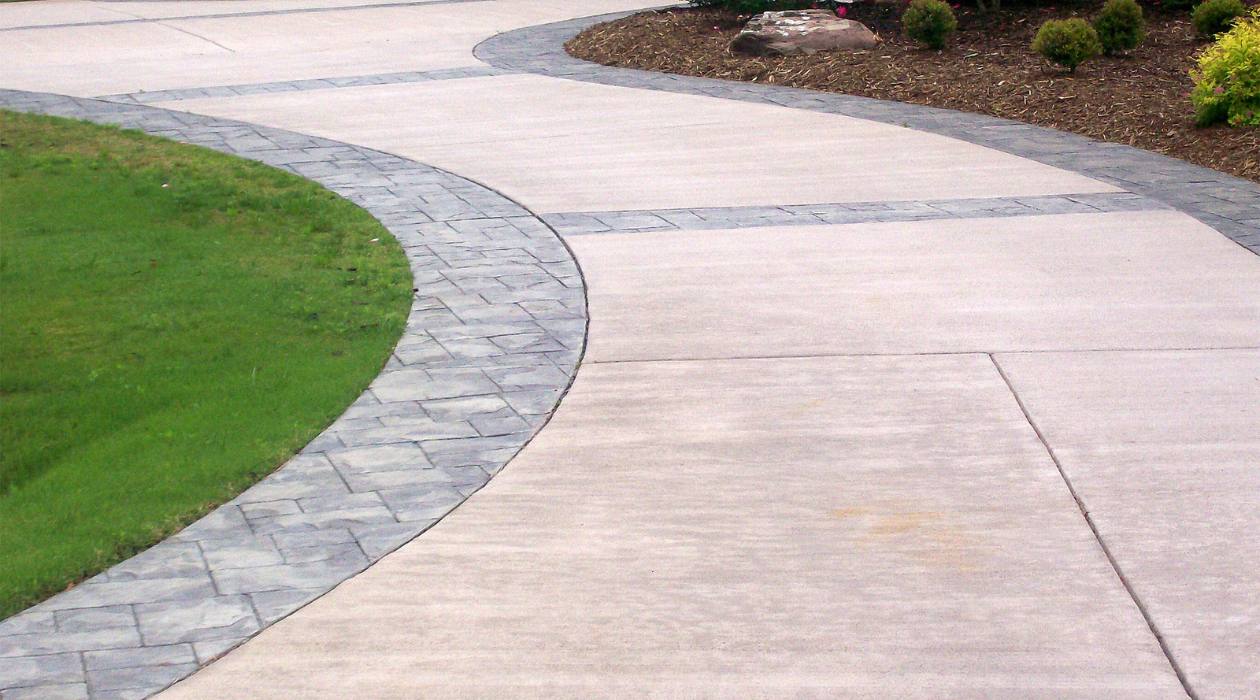
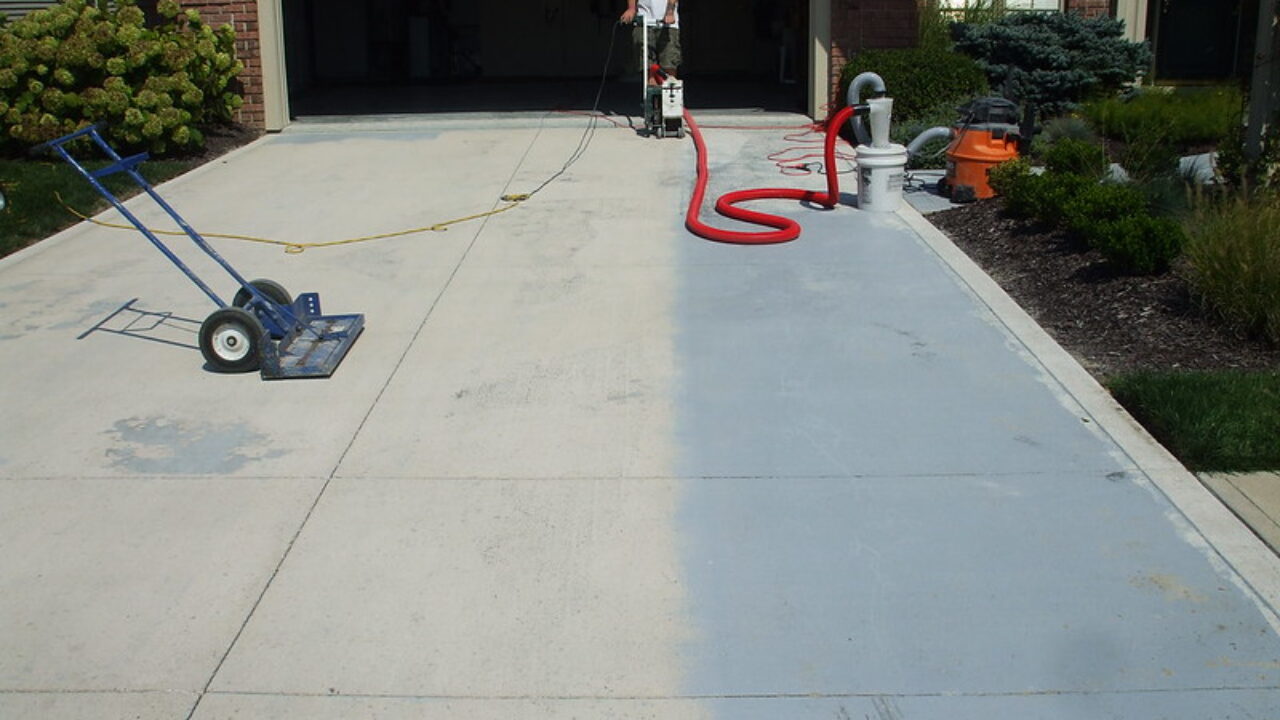
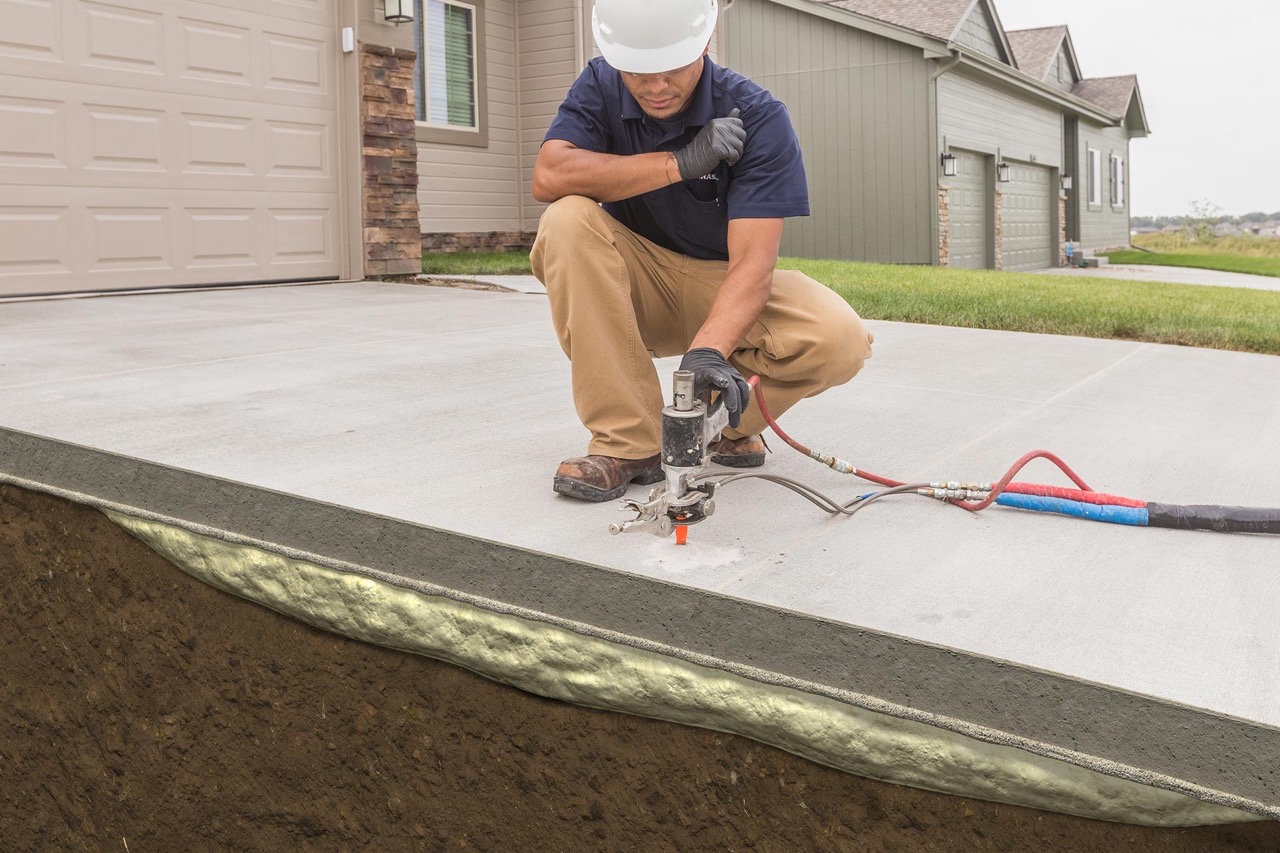
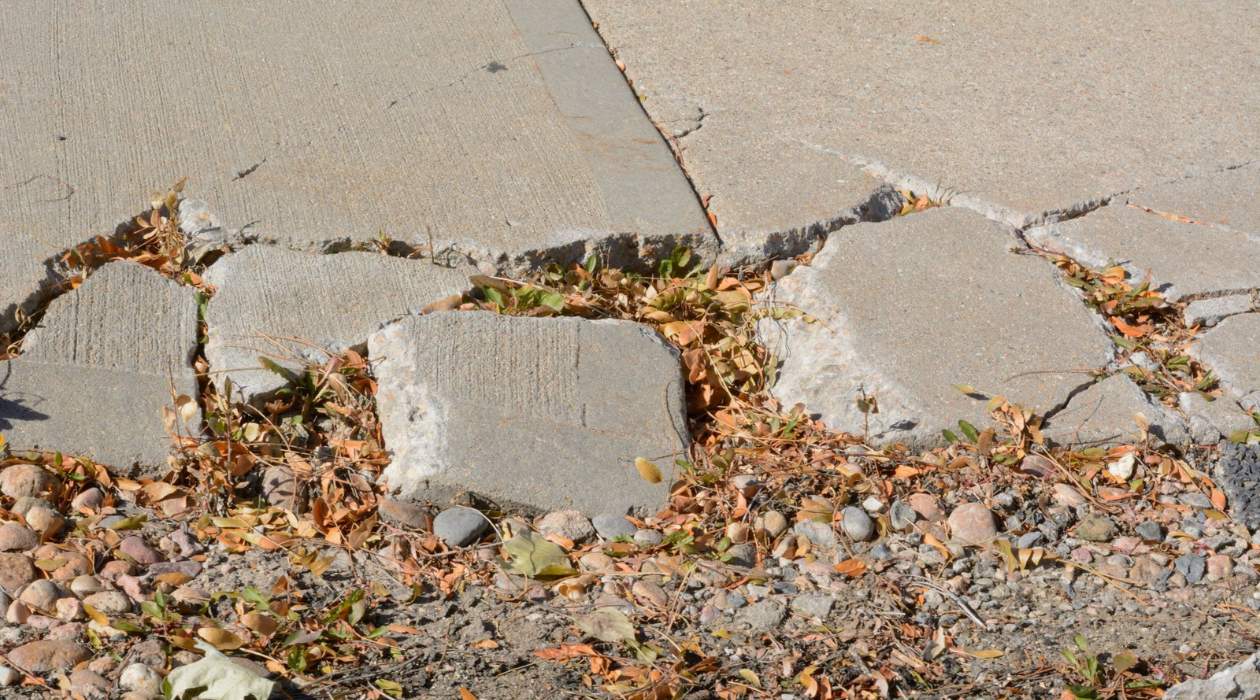
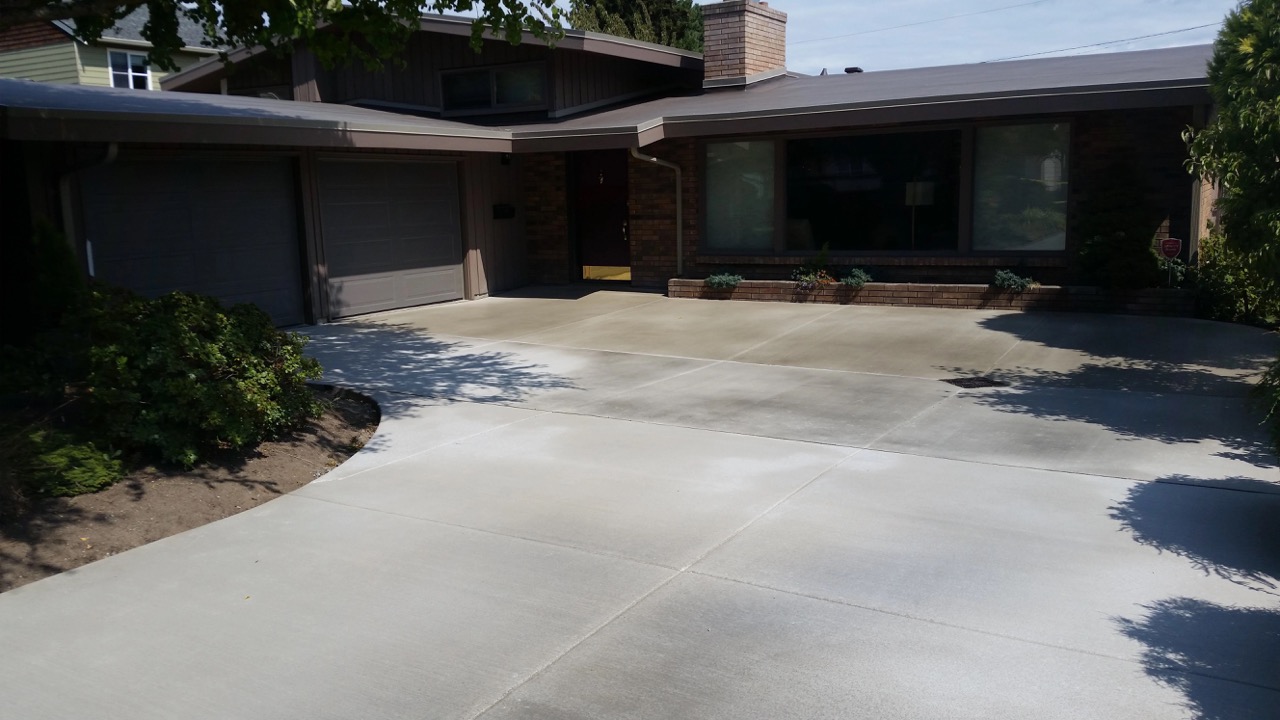
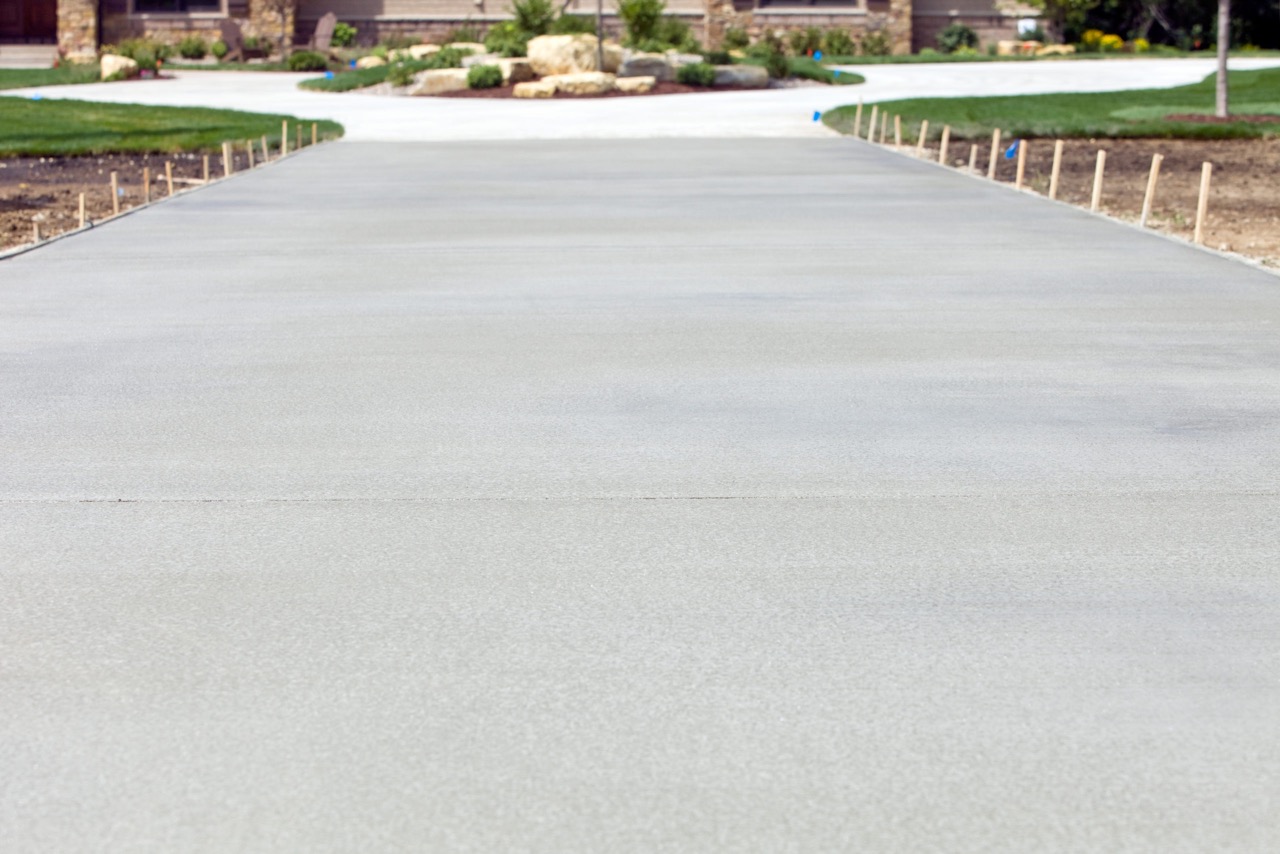
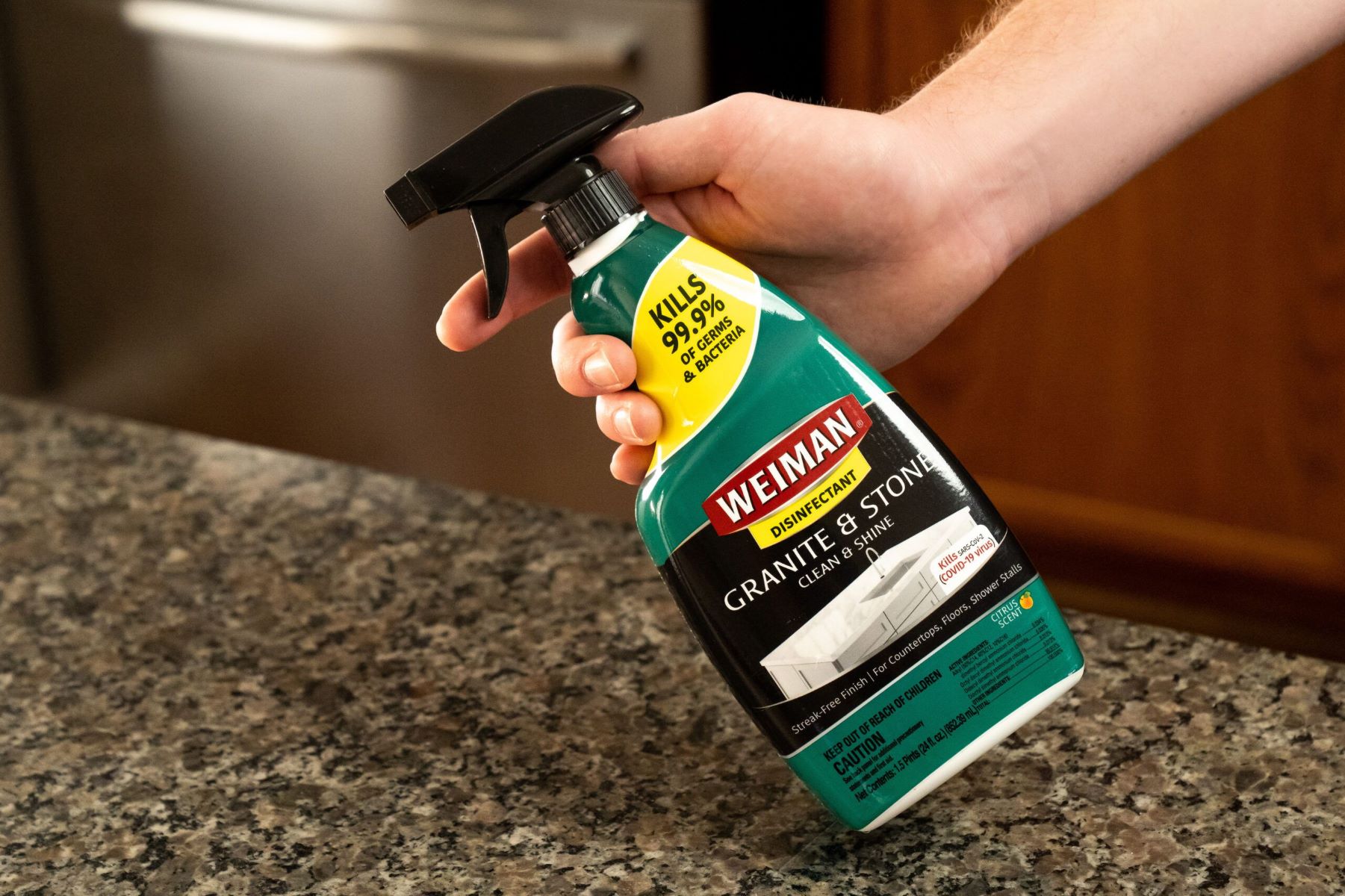
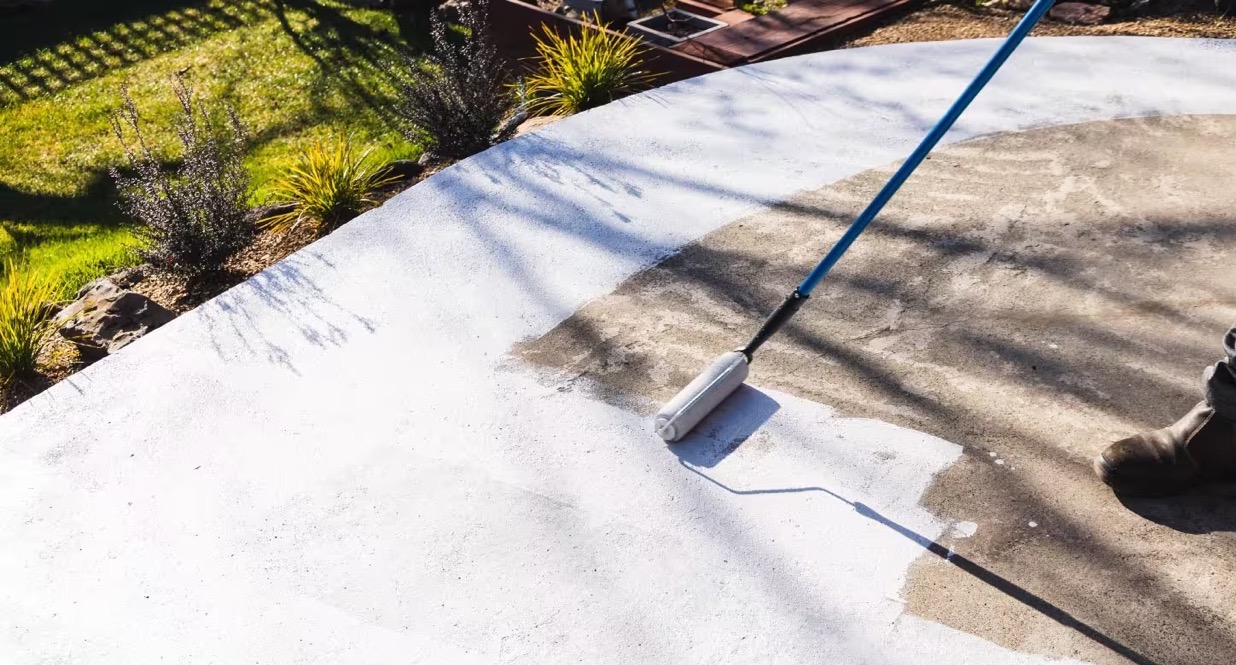
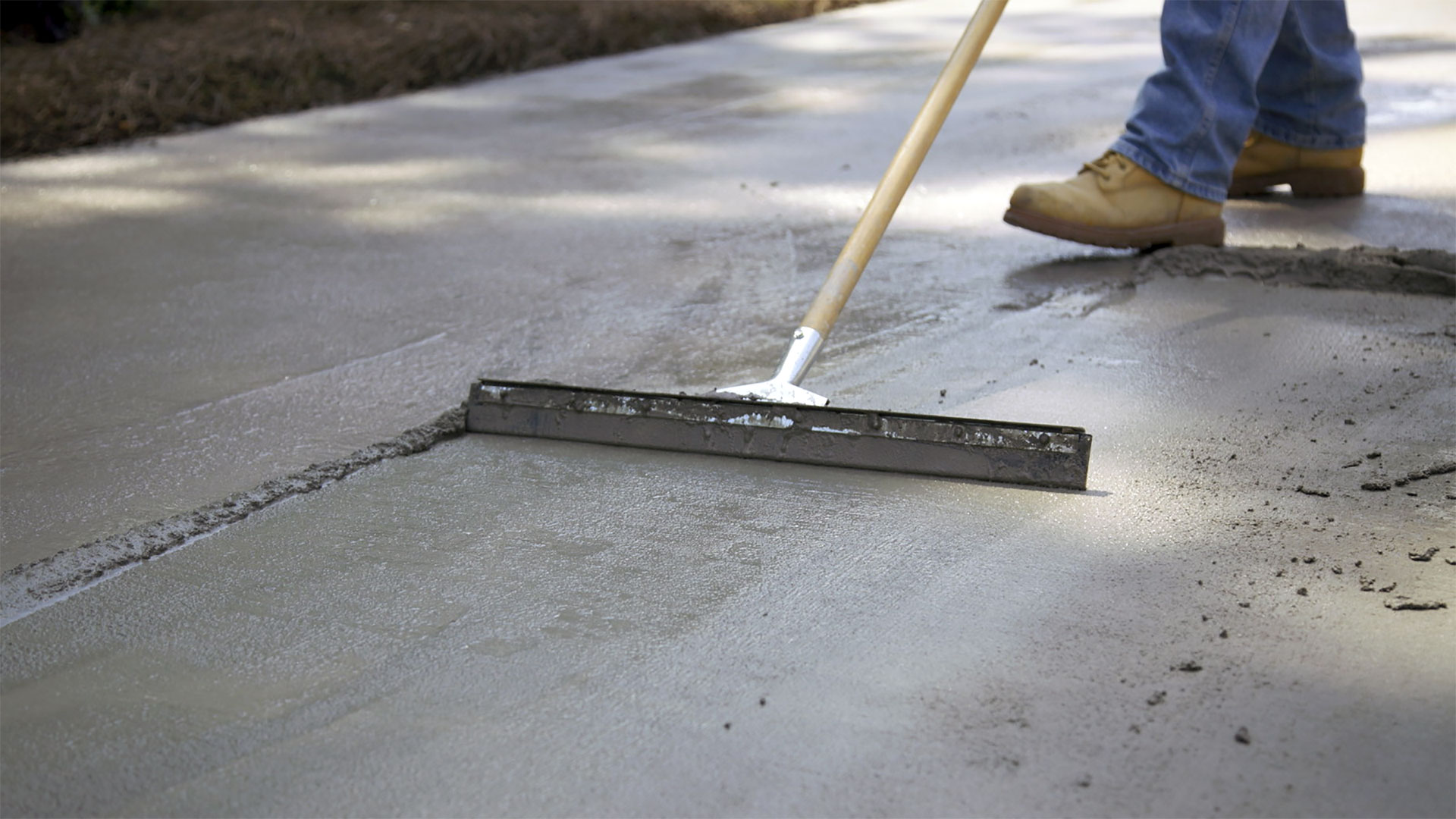
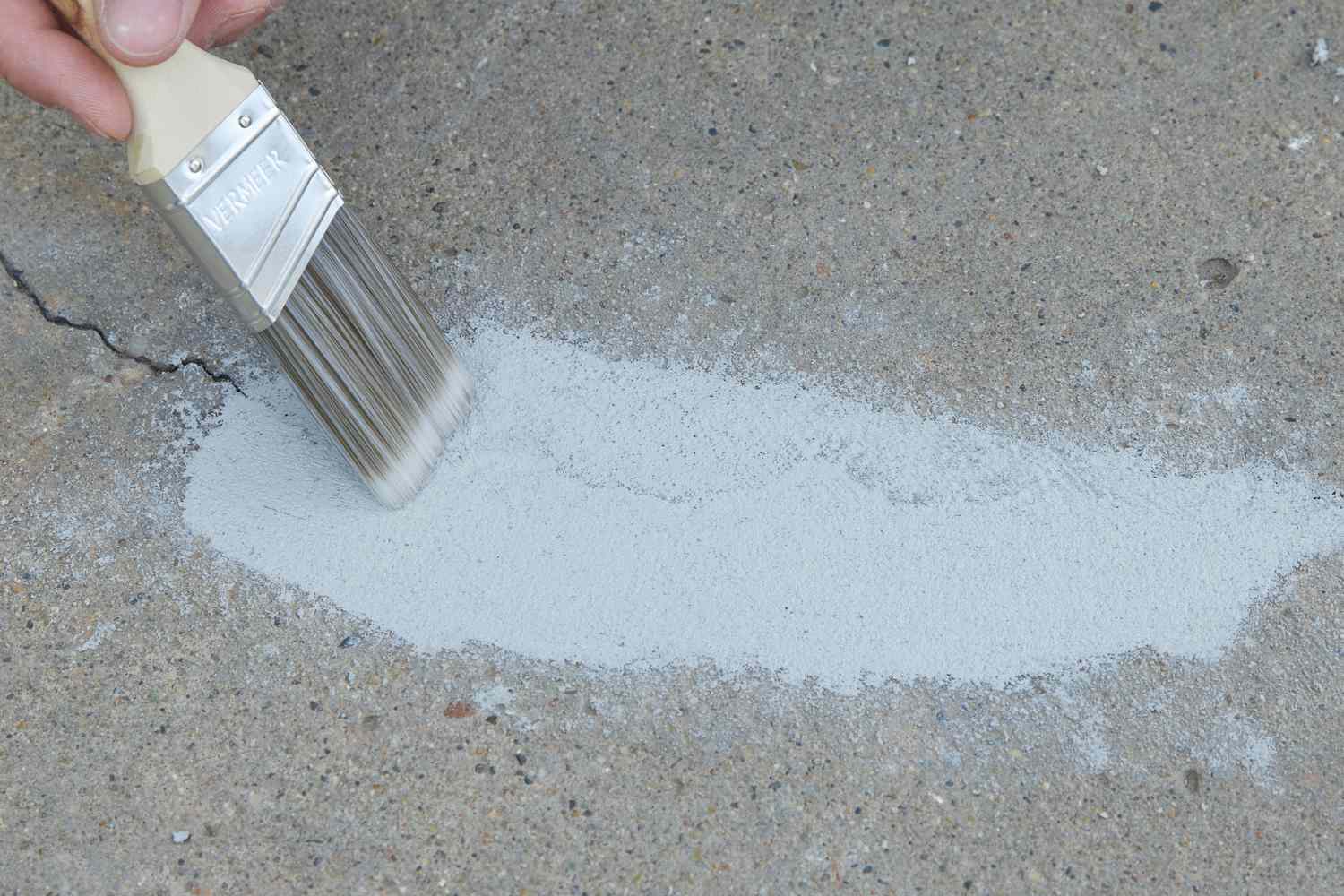
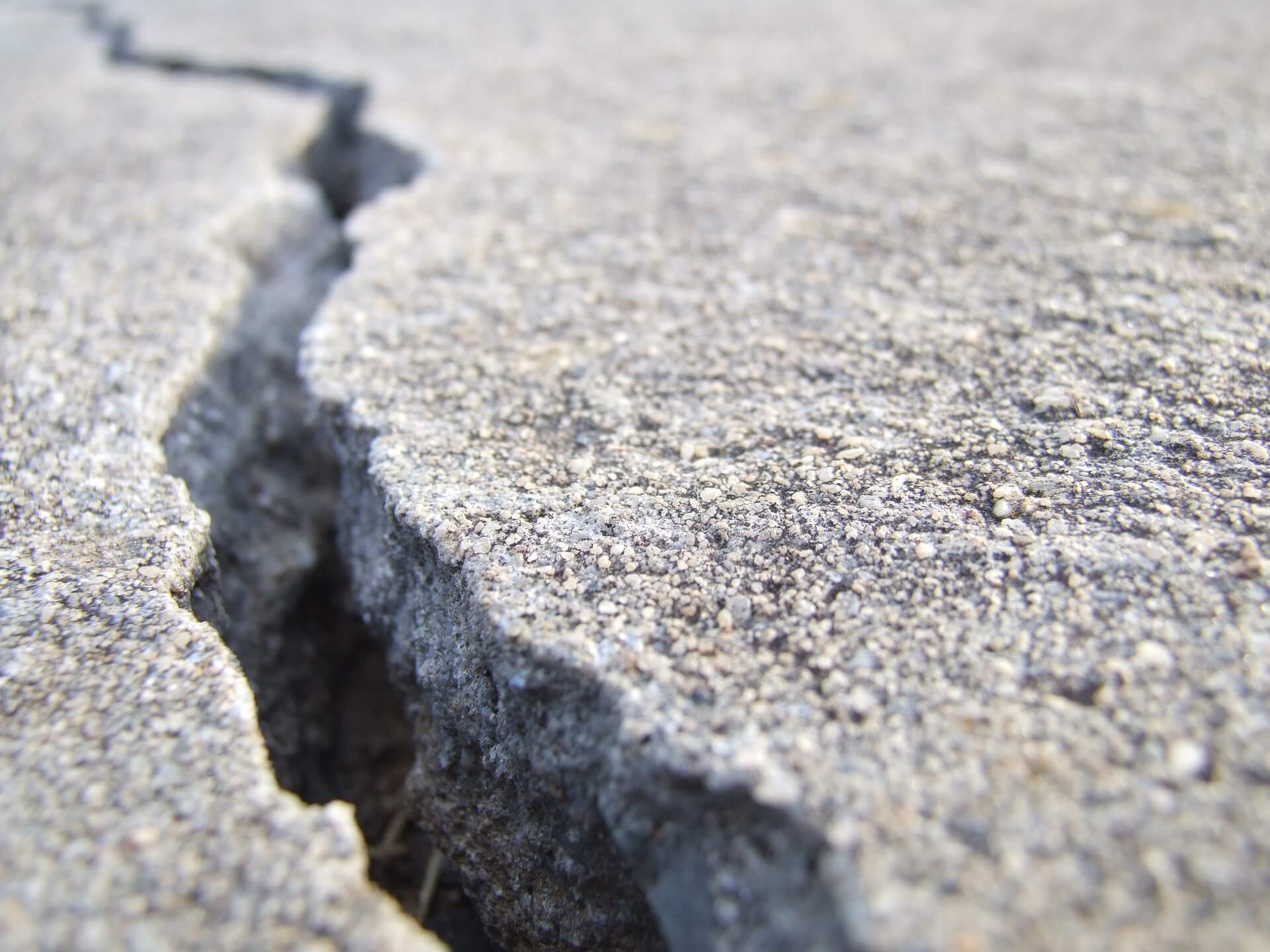
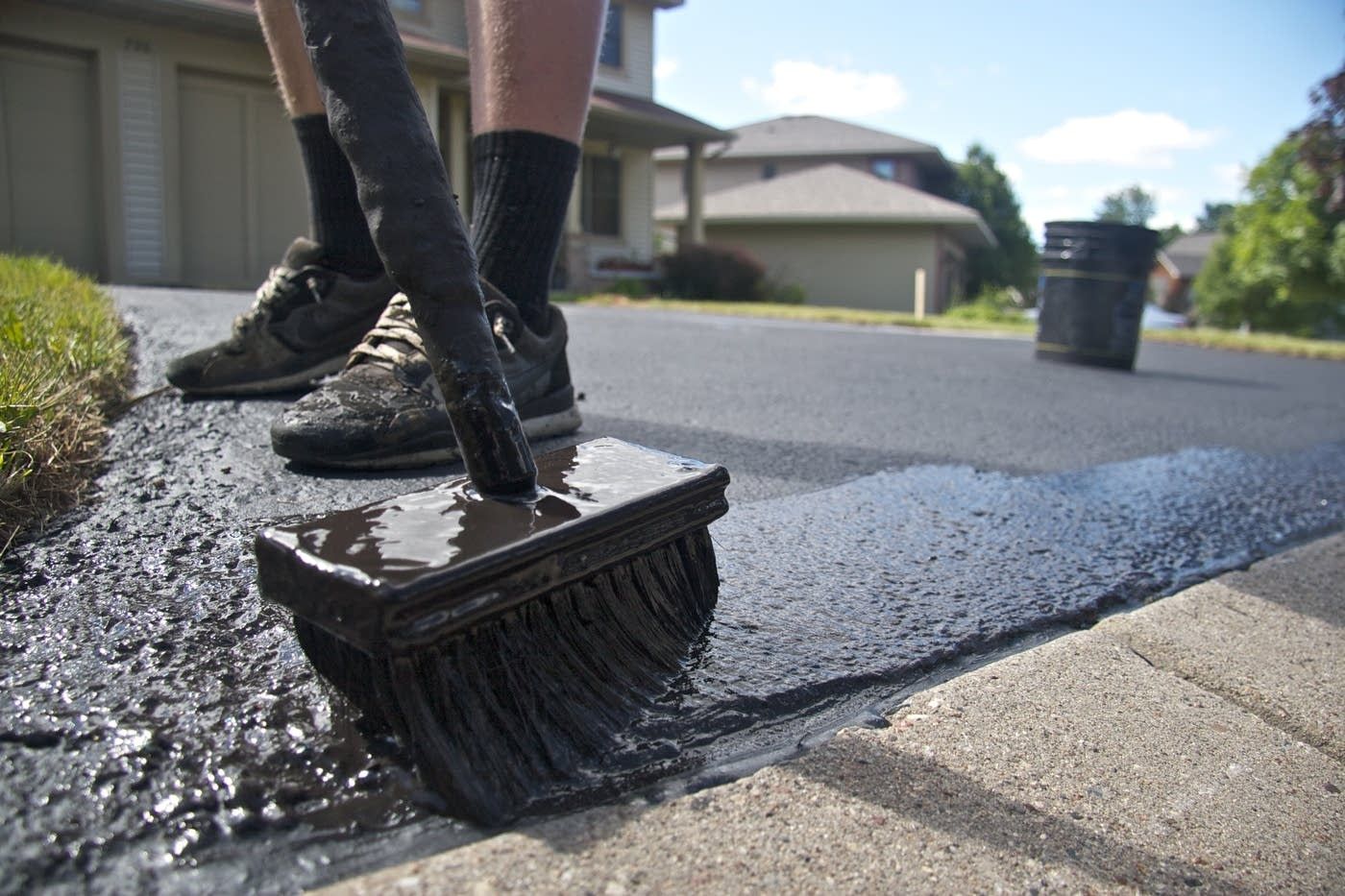
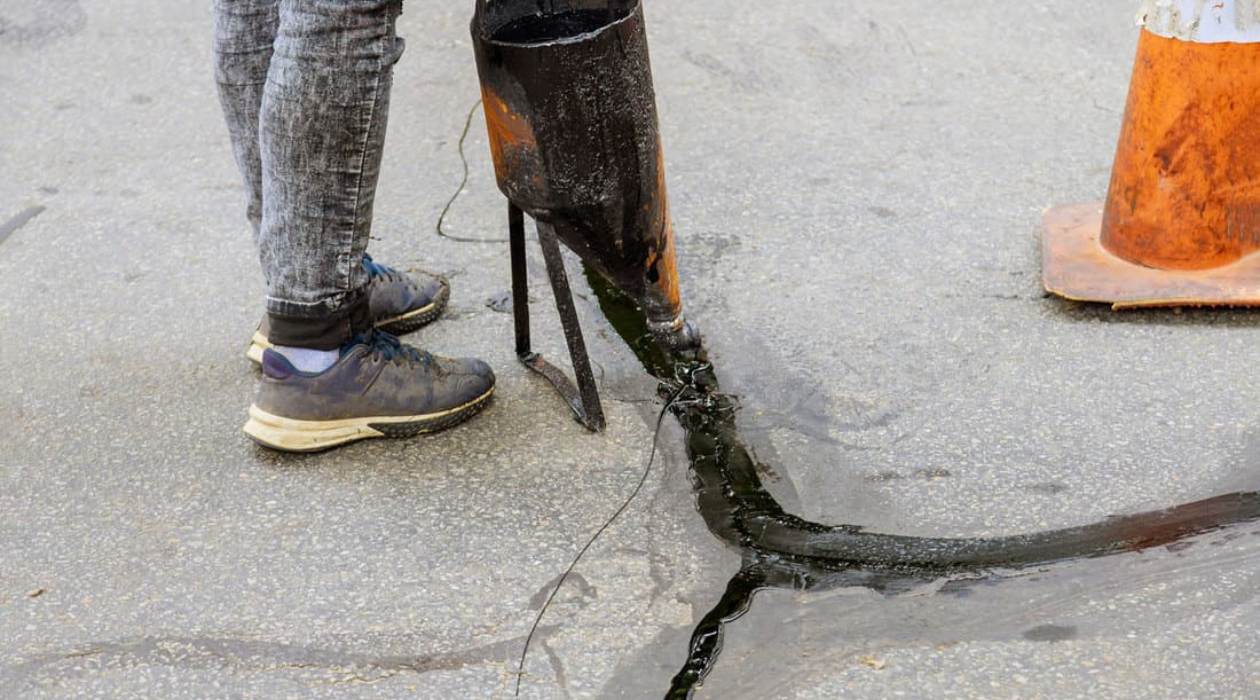

0 thoughts on “What Is The Best Concrete Driveway Sealer”